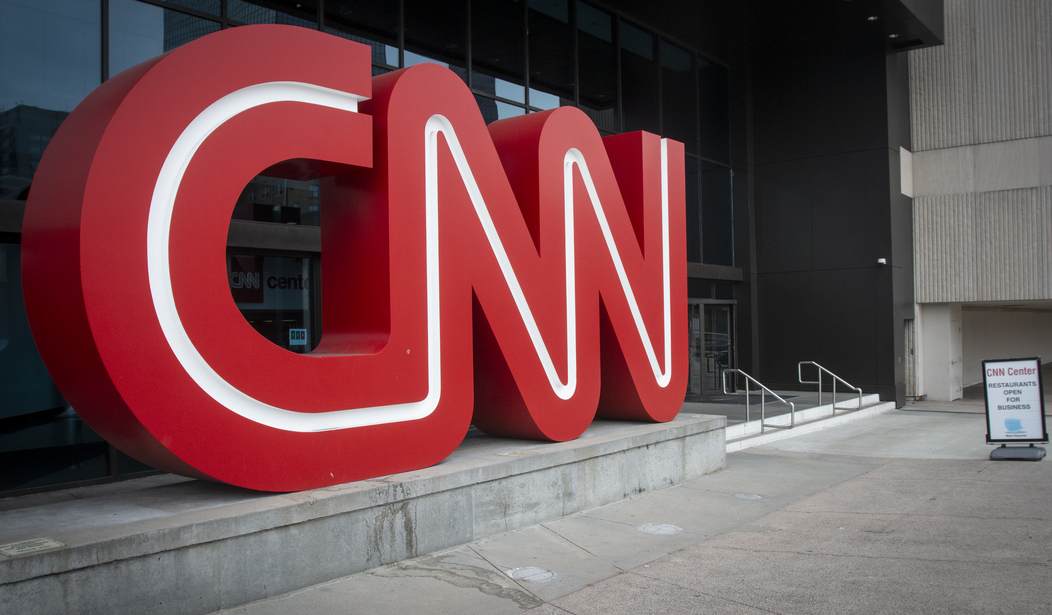If you’re a regular reader here, you already know where I stand on the issue of gun “buybacks” in general, and Chicago Mayor Lori Lightfoot’s announced $1-million gun grab. If you missed my take a couple of weeks ago, this sums it up pretty well.
The only positive thing I can say about Lightfoot’s big idea is that at least tax payers won’t be on the hook for it. Instead, it’ll be woke corporations like Motorola, Wanxiang America, and Blommer Chocolate who’ll be footing the bill in the hopes of generating some positive press for themselves. That’s the real intent behind these events, as far as I’m concerned; public relations, not public safety.
Still, what a waste of a million dollars.
I honestly never expected to find those sentiments shared by CNN, of all places, yet the network has cast a critical eye on Lightfoot’s compensated confiscation program. While CNN’s piece tries to find both sides, the truth is that there isn’t a lot of support for these programs beyond the politicians who benefit from the headlines they generate.
“It’s good theater. But it’s not helping deal with gangs and drug dealers and everyone else using the guns,” said Joseph Giacalone, retired NYPD sergeant and current professor at John Jay College.
“These things are dog-and-pony shows … Look, a million dollars to do all this stuff, it’s not going to help violence in Chicago or anywhere else one iota. It’s feel-good, it’s to make it look like politicians are going to do something, but it means absolutely nothing.”
Now, there’s no evidence that CNN can point to dispute what Giacalone told them, but the network can’t just come right out and say “yeah, buybacks are bullsh*t”, so instead they craft this bizarre argument; gun turn-ins may not reduce violent crime, but they increase community engagement.
And when the goal is community engagement or awareness — when the goal isn’t violent crime reduction — the programs can have some benefit. Notably, taking guns out of homes where the owner doesn’t want them and giving people an incentive to take them out of circulation.
“The gun turn-in really is a way for people to have a solid connection to the city. They know (the gun is) deadly, know they’re contributing, that’s showing love for their city,” said Glen Brooks, director of the Chicago Police Department’s Office of Community Policing. “It really is. The people who choose to do that, that’s what it is. They don’t want to … be that person who contributes (to violence) unintentionally.”
This is quite possibly the dumbest statement on gun “buybacks” that I’ve run across in my 18 years of reporting on Second Amendment issues. Turning in an old and unwanted gun is a way for people to have a solid connection to their city? Really? You know what might make for an even more solid connection? Well, almost everything, to be honest, but let’s start with knowing that violent criminals are actually being removed from society rather than being spit back onto the streets to reoffend.
I digress. This is about CNN, and while the network did us Brooks’ comment, the story quickly pivoted back to a pointed critique of gun “buybacks.”
A study from last year looked at the National Incident Based Reporting System and the National Vital Statistics System in a search for evidence of the efficacy of gun buyback programs. The study found “no evidence” that the programs reduce gun suicides or homicides. The “results suggest that (gun buyback programs) have been an inefficient use of taxpayers’ dollars,” and it’s possible that “alternative firearm-related policies, such as safe storage laws or stricter background checks, would be more effective at deterring gun violence.”
One of that study’s authors, D. Mark Anderson, said a central question was whether these programs had any effect on gun violence.
“Might some type of program matter that we could think of? Maybe,” he told CNN. “But as implemented in the US? I don’t think they’ve mattered.”
Of course, even Anderson couldn’t stop there. He continued to yammer about the possible benefit of “buybacks” when it came to “taking that weapon out of a place it’s unwanted and unused, giving people a responsible method for disposing of it.” The problem is that Anderson can’t point to any evidence that these turn-in events have any tangible benefit whatsoever. He may believe that taking an unused gun and turning it over to the police in exchange for a gift card provides some benefit to society, but all the existing evidence points to these events being non-factors in terms of violent crime, suicide, and accidents involving firearms.
Even though the criticism of Chicago’s corporate-funded compensated confiscation was implicit on the part of CNN, it’s still unmistakably there. I just wish the network would have gone a step further and actually pushed back against the insipid narrative that there’s still some benefit to a “buyback”.. but then, this is CNN we’re talking about, and speaking ill of any anti-gun effort isn’t likely to make it to air.








